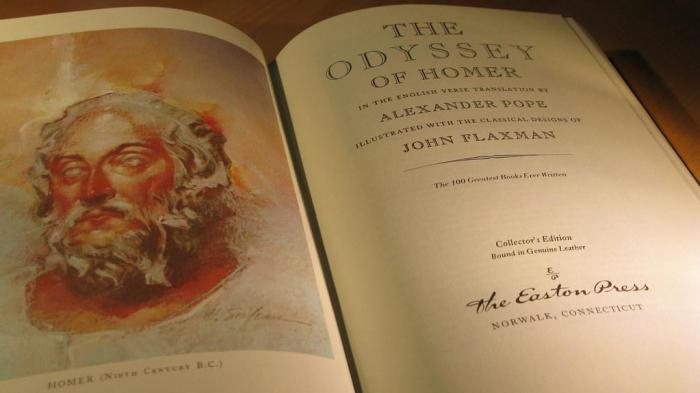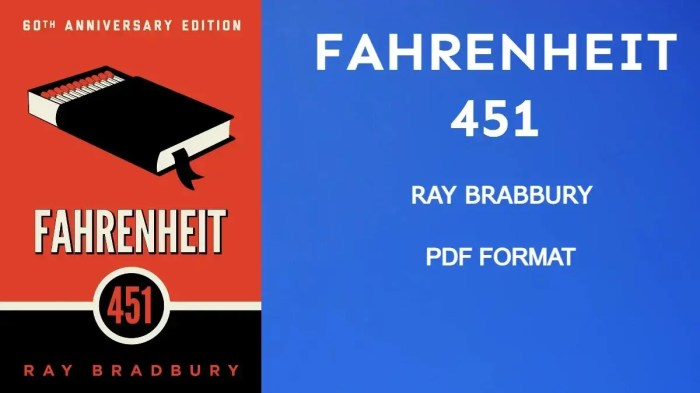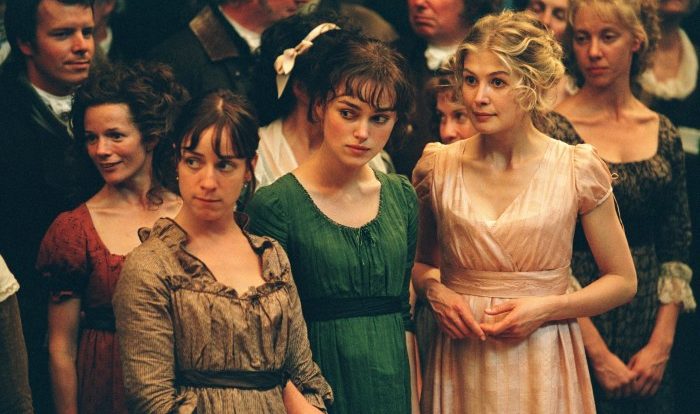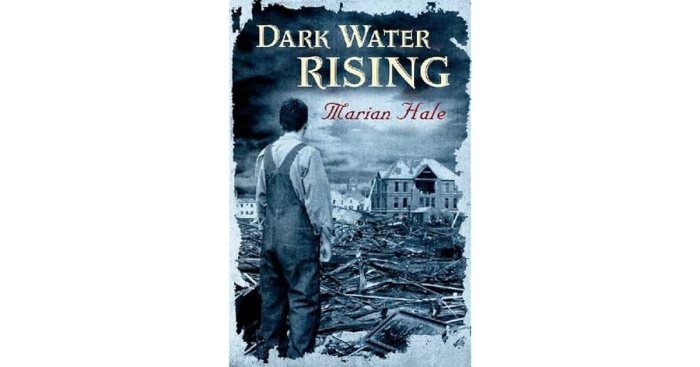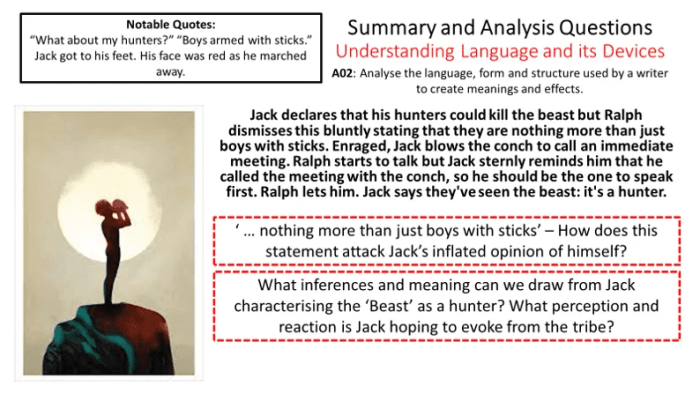To kill a mockingbird study guide answers – Embark on an in-depth exploration of Harper Lee’s timeless classic, To Kill a Mockingbird, with our comprehensive study guide answers. Dive into the intricate characters, profound themes, and enduring legacy of this Pulitzer Prize-winning novel.
Our meticulously crafted guide provides a roadmap to understanding the novel’s nuanced characters, unraveling its powerful themes, and appreciating its historical and social significance.
Character Analysis: To Kill A Mockingbird Study Guide Answers

The characters in “To Kill a Mockingbird” are complex and multifaceted, reflecting the social and racial tensions of the American South in the 1930s.
Atticus Finch
Atticus Finch is a widowed lawyer who embodies the ideals of justice, equality, and compassion. He defends Tom Robinson, a black man falsely accused of raping a white woman, despite the town’s prejudice and hostility.
Scout Finch
Scout Finch is the novel’s protagonist, a tomboyish and intelligent girl who witnesses the events of the story. Through her experiences, she learns about the complexities of human nature and the importance of standing up for what is right.
Boo Radley
Boo Radley is a mysterious and misunderstood recluse who becomes a symbol of innocence and compassion. Despite his isolation, he demonstrates empathy and kindness towards Scout and her brother Jem.
Bob Ewell
Bob Ewell is the novel’s antagonist, a racist and violent man who represents the darkest aspects of Southern society. His actions highlight the devastating consequences of prejudice and injustice.
Theme Exploration

“To Kill a Mockingbird” explores a range of universal themes, including:
Racial Prejudice
The novel exposes the systemic racism and injustice faced by African Americans in the Jim Crow South. Tom Robinson’s trial becomes a powerful indictment of the prejudice that permeates society.
Innocence and Childhood
The novel portrays the innocence of childhood through the eyes of Scout and Jem. Their experiences highlight the loss of innocence and the harsh realities of the adult world.
Justice and Equality
The novel explores the struggle for justice and equality in a society marred by prejudice. Atticus Finch’s defense of Tom Robinson represents the fight for justice, while the town’s refusal to believe in his innocence highlights the obstacles to equality.
Courage
The novel emphasizes the importance of courage in the face of adversity. Atticus Finch’s unwavering defense of Tom Robinson demonstrates the courage to stand up for what is right, even when it is unpopular.
Symbolism and Motifs
“To Kill a Mockingbird” employs a range of symbols and motifs to convey its themes and enhance its narrative:
Mockingbird
The mockingbird symbolizes innocence and the destruction of innocence. It represents the vulnerable and defenseless, like Tom Robinson and Boo Radley.
Courtroom, To kill a mockingbird study guide answers
The courtroom setting represents the struggle for justice and equality. It is a place where the truth is sought and where the prejudices of society are exposed.
Radley House
The Radley house symbolizes mystery and fear. It represents the hidden and unspoken aspects of society, including the racism and violence that permeate Maycomb.
Weather and Nature Imagery
Weather and nature imagery is used to convey emotional states and foreshadow events. Storms and darkness represent turmoil and conflict, while sunshine and nature’s beauty represent hope and innocence.
Questions Often Asked
What is the central theme of To Kill a Mockingbird?
The novel explores the devastating consequences of racial prejudice, the innocence of childhood, and the importance of justice and equality.
How does the novel portray the character of Atticus Finch?
Atticus is depicted as a complex and multifaceted character, embodying integrity, courage, and a deep commitment to justice.
What is the significance of the mockingbird in the novel?
The mockingbird symbolizes innocence, vulnerability, and the importance of protecting the innocent from harm.
